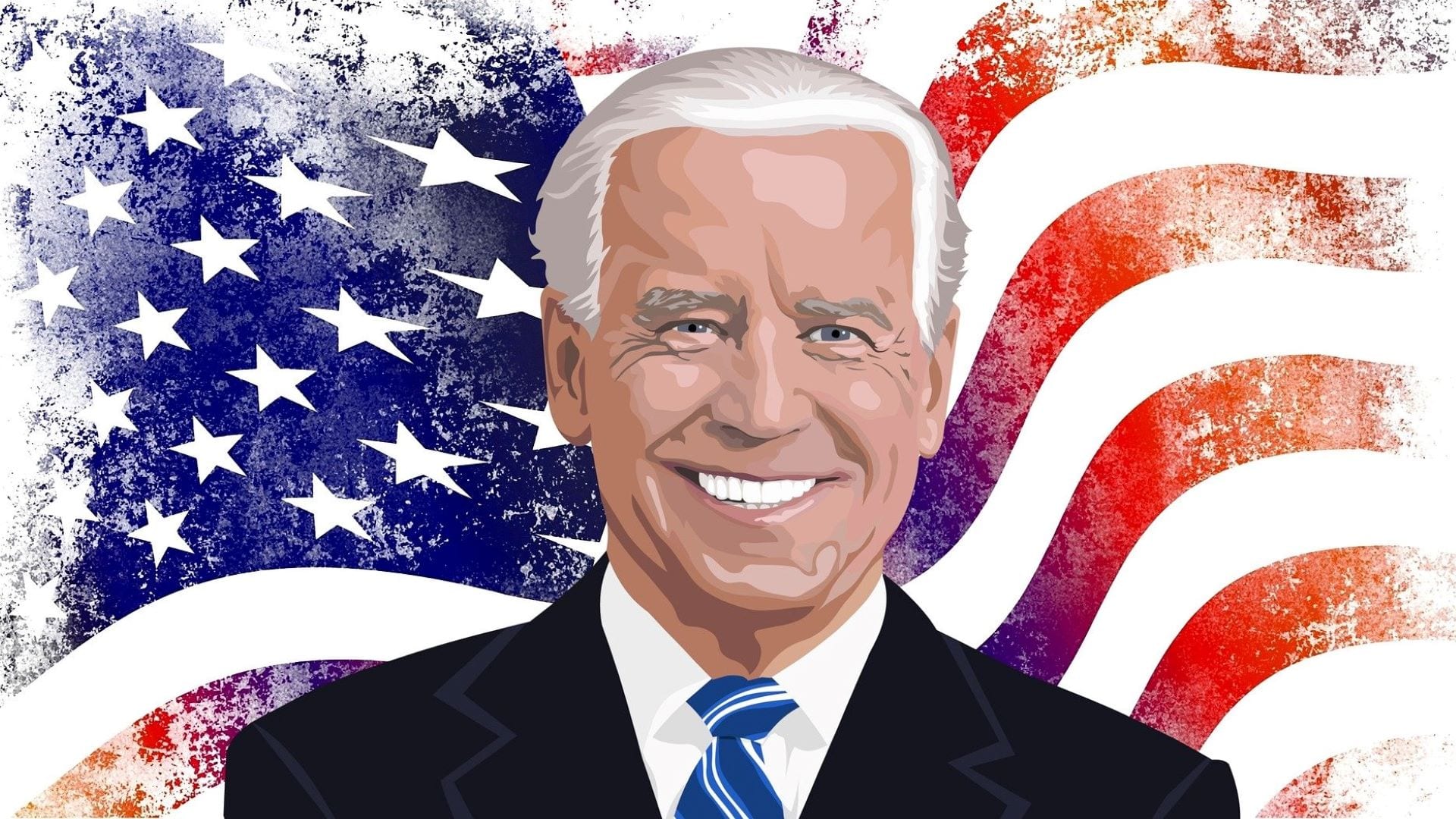After a contentious and polarizing election campaign followed by a fraught and even chaotic transition period, Joe Biden has been inaugurated as the 46th President of the United States.
After the events of January 6, whereby supporters of the now ex-president Trump stormed the U.S. Capitol, Joe Biden and his team were not taking any chances in terms of security. Indeed, it is estimated that around 25,000 National Guard troops were in the vicinity of the U.S. Capitol for the inauguration ceremony. Furthermore, the ongoing COVID-19 pandemic has meant more subdued celebration for Joe Biden and his supporters than would otherwise be the case.
On this historic occasion in American political history, let us consider the present context while looking ahead to what the next four years may hold, all from a pro-liberty perspective.
An end to the Trump era
Unsurprisingly, the Trump era will long be remembered as a period of immense division and polarization within American society. In a conciliatory inaugural speech, President Biden set out his intention to, “be a president for all Americans,” and urged the American people to help restore unity. However, the scale of this task cannot be understated as the President attempts to reconcile two deeply entrenched political factions following the nation’s most bitter transfer of power in living memory.
Donald Trump became the first U.S. President to choose not to attend his successor’s inauguration for political reasons since Andrew Johnson in 1869, breaking with a longstanding presidential tradition that symbolizes a peaceful transfer of power. Although former Vice-President Mike Pence did attend, Trump’s absence from the inauguration ceremony exemplified the fractious nature of the current American political climate.
After repeatedly contesting the election results and asserting unsubstantiated claims of electoral fraud on a massive scale, Donald Trump has since offered some form of concession, following criticism of his role in galvanizing supporters who attacked the U.S. Capitol. However, Trump’s incendiary rhetoric was enough for his Twitter account to be permanently suspended, sparking much controversy.
The final days of the Trump era also saw some notable missed opportunities for presidential pardons. Donald Trump did issue a number of pardons, particularly for people closely aligned with him politically, such as Steve Bannon. However, many individuals charged over nonviolent offenses, such as Ross Ulbricht or Edward Snowden for instance, were sadly not among those the former President chose to pardon.
President Biden’s priorities
During the transition period, Joe Biden was particularly vocal in setting out his priorities. We know that he has already made headway on rolling back many of his predecessor’s policies, all with a sense of unprecedented urgency.
At the time of writing, he has already signed 15 executive orders, some of which cover the federal response to COVID-19, racial inequality, and climate change. Let’s take a deeper look at his stance on some of the issues he has prioritized.
- COVID-19
The President has repeatedly stated that tackling the COVID-19 pandemic is his highest priority. He intends to do so through a staggering $1.9 trillion relief package which he hopes will pass through Congress in the coming weeks. President Biden’s relief package would include $1,400 stimulus checks, raising the minimum wage to $15 per hour, and $20 billion for a vaccination program aiming to distribute 100 million doses in 100 days.
- Immigration reform
Better news from a pro-liberty perspective than his upcoming spending spree, Joe Biden has committed to enacting some level of immigration reform, reversing many of his predecessor’s controversial policies. The President has pledged an immediate halt to construction on Trump’s border wall, and aims to review the legality of the project’s funding. Biden has also stated that he will put an end to the infamous travel ban and commit to strengthening DACA.
- Climate change
President Biden has pledged to take immediate action on environmental policy. One key aspect of his climate plan is rejoining the Paris Climate Agreement, committing to goals aimed at mitigating climate change. As with his COVID-19 plan, Biden’s climate plan will come at a significant cost. For instance, he has stated his intention for a $400 billion public investment in clean energy and innovation over 10 years.
- Blocking the Keystone pipeline
Another important part of Biden’s environmental policy is his commitment to immediately block the controversial Keystone XL pipeline, a planned $9 billion project which would move oil from Alberta in Canada to Nebraska. Proponents of the project believe that to block it would cost many jobs and undermine U.S.-Canadian relations, while opponents highlight the role the pipeline would play in adding to greenhouse gas emissions.
Foreign policy under Biden’s administration
Any change of administration will present a rather different set of challenges to liberty. As such, it is imperative that those who value liberty renew their efforts to scrutinize government actions during the Biden administration.
The Trump era was characterized by nationalism and isolationism, with a president staunchly opposed to free trade and immigration. However, we will likely see the trend of “Buy American” protectionist trade policies continue under Biden’s administration, hurting American consumers.
Despite overseeing a series of significant peace agreements, Donald Trump alienated many important allies during his presidency. Biden, on the other hand, has voiced a commitment to multilateralism and seeks to restore key global alliances. The president is also intent on taking a harder line on autocrats whose regimes violate human rights.
Over the next four years, we can certainly expect a return to a more predictable American foreign policy. However, there are reasons to be concerned about what global role President Biden sees for the United States. One particular area of concern would be the potential for more hands-on American involvement in the Middle East, with the president appointing many Obama-era officials to important diplomatic positions.
While the agendas of Presidents Biden and Trump differ significantly on a range of issues, they do share some similarities. For example, both have a propensity for massive spending on signature projects, with another commonality being a shared “tough on China” stance.
However, Joe Biden has different plans on how to approach the global threat posed by China’s authoritarian regime, emphasizing increased cooperation with Indo-Pacific allies in order to foster a strategic regional counterweight.
Imminent threat of renewed COVID-19 lockdowns
Looking at the immediate future, one specific threat to liberty is the prospect of a much stronger push for COVID-19 lockdowns from the Biden administration than anything seen under Trump.
In recent months, beyond his plans aimed at accelerating the COVID-19 vaccine rollout, Joe Biden has spoken of his wish to see stronger public health measures enforced. Should plans for further lockdown restrictions become a reality, the impact on struggling business owners and workers across several sectors could be devastating, not to mention the implications for civil liberties.
Is Biden more anti-liberty than Trump?
In summary, while the end of the Trump era may represent a turning point in terms of certain anti-liberty policies, a Biden presidency raises a variety of concerns that must be addressed and confronted. One of the most significant issues facing America today remains the deeply polarized and antagonistic political climate, with neither the left or right fully embodying the values of liberty.
The toxic culture war does not seem to be going away any time soon, but with the prospect of some form of political realignment on the horizon. Nonetheless, perhaps these times of turmoil could be used by liberty-minded individuals as an opportunity to reach out and confidently reaffirm and promote their positive values.
To read more about recent political events, check out our piece on the turmoil in the U.S. Capitol by clicking on the button below.
This piece solely expresses the opinion of the author and not necessarily the organization as a whole. Students For Liberty is committed to facilitating a broad dialogue for liberty, representing a variety of opinions.









